Publications
Articles, publications, books, tools and multimedia features from the U.S. Institute of Peace provide the latest news, analysis, research findings, practitioner guides and reports, all related to the conflict zones and issues that are at the center of the Institute’s work to prevent and reduce violent conflict.
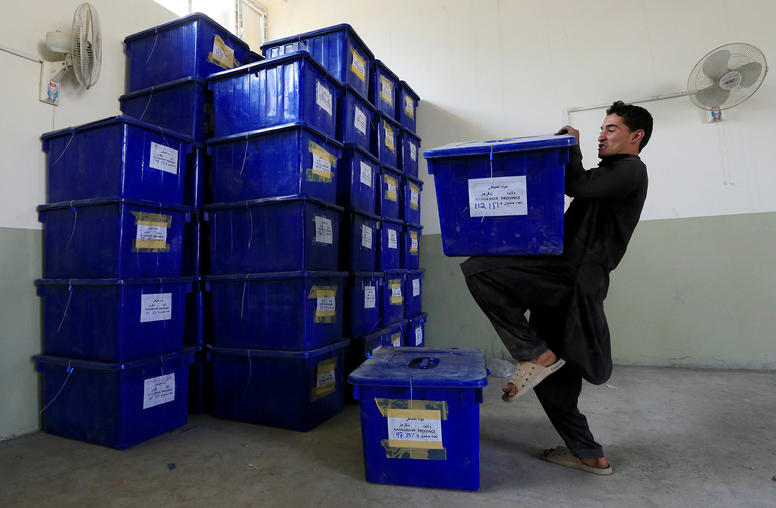
Breaking, Not Bending: Afghan Elections Require Institutional Reform
Afghanistan’s presidential election is scheduled to take place on September 28. In planning the election, the Independent Election Commission (IEC) must overcome a number of practical challenges to avoid repeating the mistakes of the 2018 parliamentary elections—elections that undermined the legitimacy of the state and reduced Afghans’ confidence in democracy as a means for selecting their leaders. Based on a careful analysis of the IEC’s performance during the 2018 elections, this report offers recommendations for creating more resilient electoral institutions in Afghanistan and other postconflict countries.
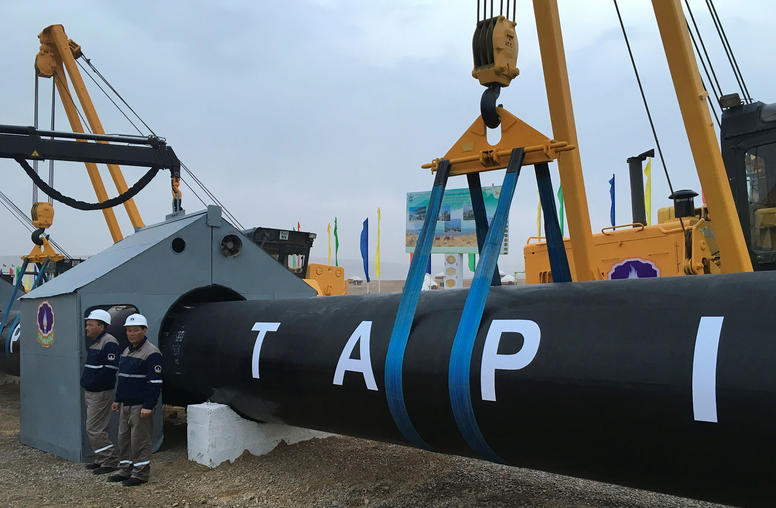
Central Asia’s Growing Role in Building Peace and Regional Connectivity with Afghanistan
In its 2017 strategy for South Asia, the Trump administration called on Pakistan to reduce support for the Taliban and encourage them to enter into peace negotiations. Yet as crucial as Pakistan will be to peace in Afghanistan, a similarly persuasive argument can be made for Afghanistan’s northern neighbors—the Central Asian republics of Kazakhstan, Kyrgyzstan, Tajikistan, Turkmenistan, and Uzbekistan. In this Special Report, Humayun Hamidzada and Richard Ponzio examine the vital economic and political roles these countries can play to support a just and lasting peace in Afghanistan and the region.
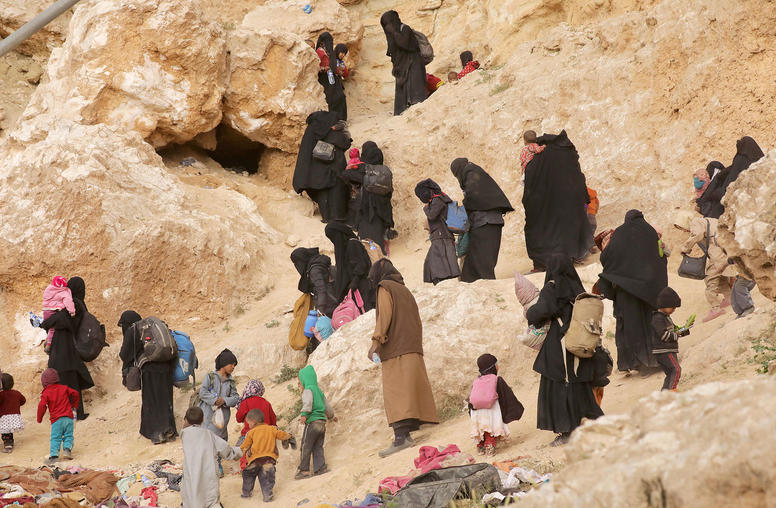
Injecting Humanity: Community-Focused Responses for People Exiting Violent Extremist Conflict
Communities worldwide face the challenge of reintegrating people exiting violent extremist conflicts. This report draws on established programs and the recommendations of authoritative bodies to exami
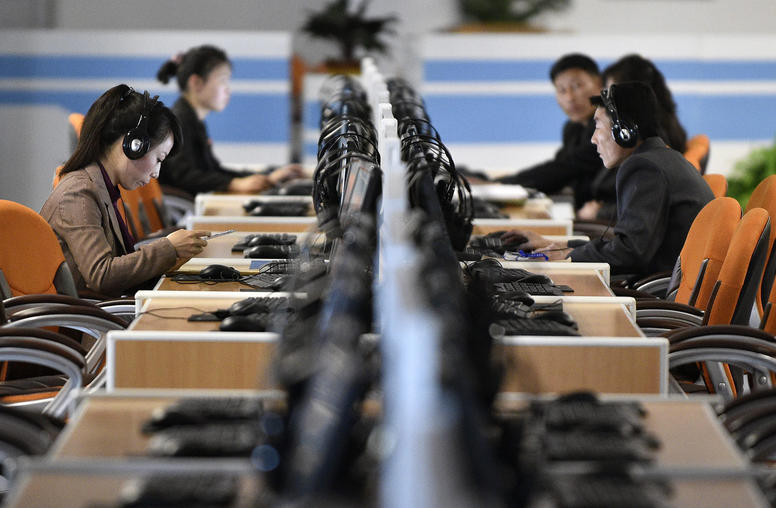
The Need for a New U.S. Information Strategy for North Korea
Through the successive regimes of Kim Il Sung, Kim Jong Il, and Kim Jong Un, North Korea has maintained near-total control over the information that reaches its citizens. Now, as more and more North Koreans use networked devices such as smartphones, the regime is employing modern forms of censorship and surveillance to control information and curtail freedom of expression. This report argues that the United States and its allies need a new information strategy to end the social isolation of the North Korean people and improve their long-term welfare.
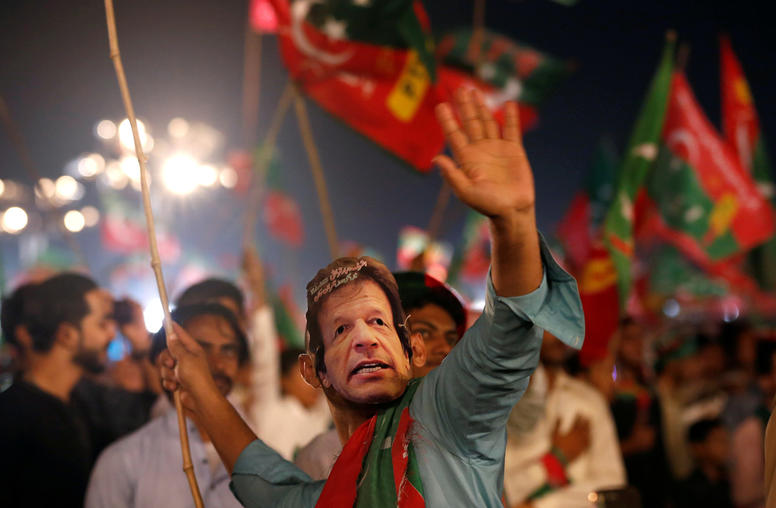
Exposure to Violence and Voting in Karachi, Pakistan
Pakistan’s 2018 elections marked just the second time in history that power transferred peacefully from one civilian government to another after a full term in office. Although the initial months of campaigning were relatively free of violence, the two weeks before polling were dangerous for campaigners and voters alike, and the elections provided a platform for some parties to incite violence, particularly against Pakistan’s minority sects. This report provides a deep examination of how exposure to political violence in Pakistan’s largest city affects political behavior, including willingness to vote and faith in the democratic process.
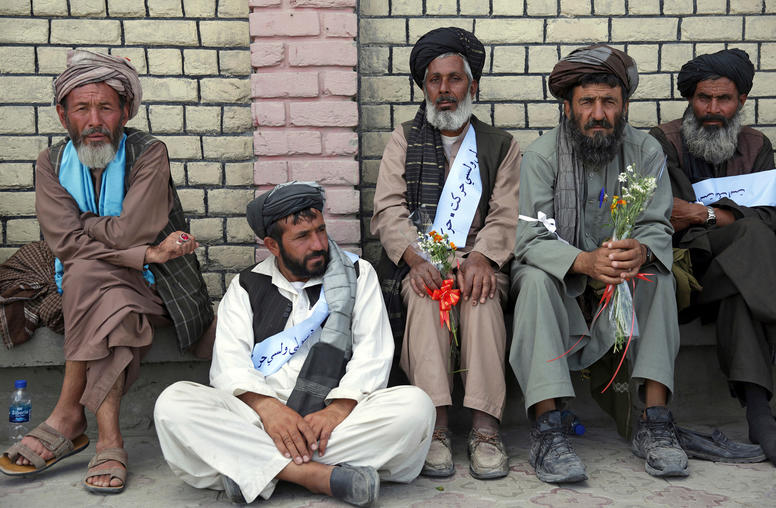
Perspectives on Peace from Taliban Areas of Afghanistan
Notably absent from the debate around peace in Afghanistan are the voices of those living in parts of the country that have borne the brunt of the fighting since 2001—particularly those living in areas under Taliban control or influence. This report provides insight into how Afghan men and women in Taliban-influenced areas view the prospects for peace, what requirements would have to be met for local Taliban fighters to lay down their arms, and how views on a political settlement and a future government differ between Taliban fighters and civilians.
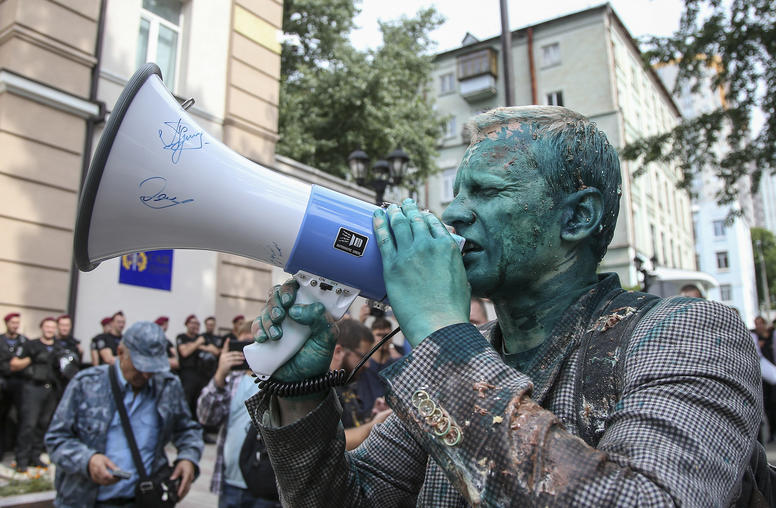
Ukrainian Activism for Transparency and Accountability: Two Steps Forward, One Step Back
In the wake of the Euromaidan protests that toppled the government of Viktor Yanukovych in 2014, Ukrainian activists and civil society organizations have pressed hard for anti-corruption reforms and greater openness and transparency in the public sector. Five years later, however, corruption remains a fixture of civic life—and a majority of Ukrainians believe the fight against corruption has been a failure. This new report reviews the changes that have taken place in the anti-corruption movement since the Euromaidan and identifies practical actions the international community can take to support reform efforts in Ukraine.
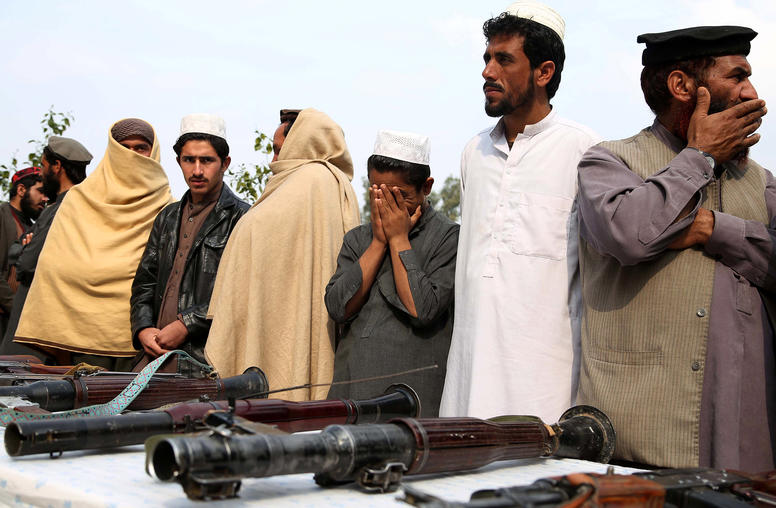
Options for Reintegrating Taliban Fighters in an Afghan Peace Process
A central issue for Afghanistan in achieving stability is making long-lasting peace with the Taliban. The success of any such agreement will depend in large part on whether Taliban commanders and fighters can assume new roles in Afghan politics, the security forces, or civilian life. This report explores that question, drawing on lessons from how similar situations unfolded in Burundi, Tajikistan, and Nepal.
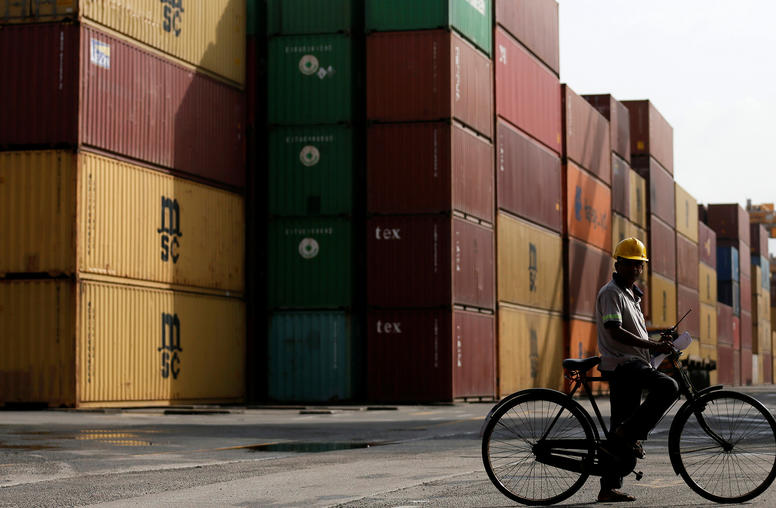
China’s Engagement with Smaller South Asian Countries
When the government of Sri Lanka struggled to repay loans used to build the Hambantota port, it agreed to lease the port back to China for 99 years. Some commentators have suggested that Sri Lanka, as well as other South Asian nations that have funded major infrastructure projects through China’s Belt and Road Initiative, are victims of “China’s debt-trap diplomacy.” This report finds that the reality is...
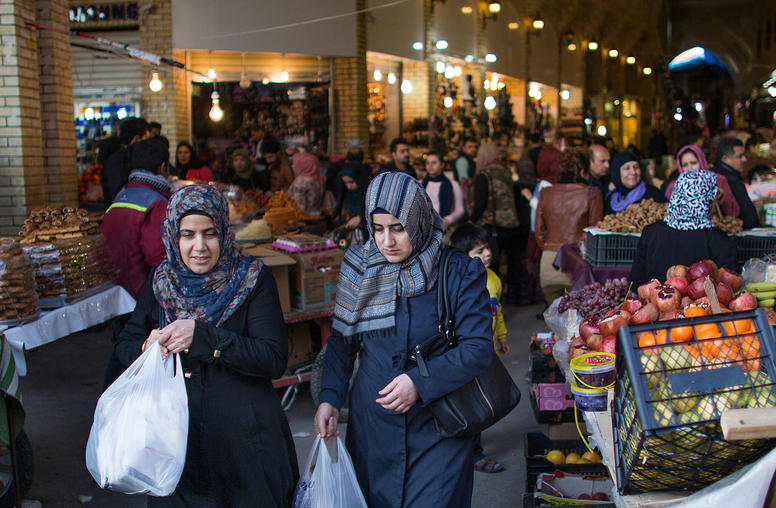
Reaching a Durable Peace in Afghanistan and Iraq: Learning from Investments in Women’s Programming
USIP recently partnered with New America to convene roundtable discussions with government, civil society, and humanitarian, development, and peacebuilding organizations to learn from the past decade of women’s programming in fragile states such as Iraq and Afghanistan. Based on these discussions, this report provides guidance for improving future programming to not only integrate the needs of women but also recognize the role women play in transforming violent conflict and sustaining a durable peace.